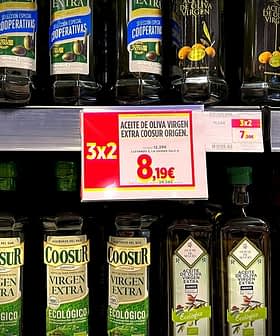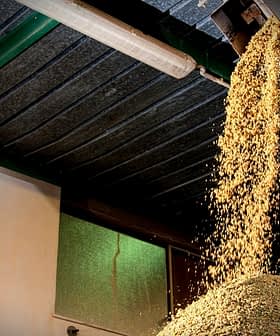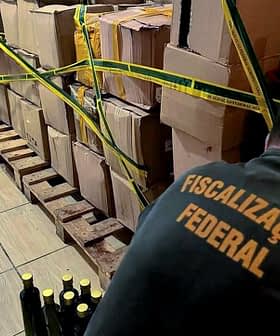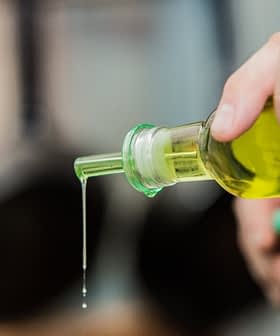The California State Health Committee voted unanimously in favor of Senate Bill 818, a first step toward tightening California’s olive oil standards. This bill from Senator Lois Wolk, chairperson of the Senate Subcommittee on Olive Oil Production and Emerging Products, would sync current state standards with the new revised USDA standards.
An indication that policymakers see olive oil quality an issue worth keeping an eye on.
The first of many hurdles in the state’s legislative process, the approval of SB 818 marks the first policy hearing for the bill. Dan Flynn, executive director of the UC Davis Olive Center, said “The significance is that it passed its first test unanimously, which bodes well for the bill.”
Present as a technical resource at Tuesday’s meeting, Flynn said Senator Wolk referred to the 2010 UC Davis report which analyzed olive oils sold in three California regions and found that 69 percent of imported olive oils tested did not meet USDA or international standards for extra virgin olive oil. Those oils were either old, of poor quality, or adulterated with cheaper oils according to the study.
In a news release, Senator Wolk said, “We can’t allow our state to be a dumping ground for bad imported oil sold to unsuspecting consumers at premium prices. Standards are not only critical to farmers and producers who compete with foreign imports, but more importantly to consumers.”
California currently mandates standards based on those of the California Olive Oil Council (COOC) which reflect the standards of the International Olive Council (IOC). The new bill would revise the definitions of olive oil and grades of olive oil and amend the current law to reflect the new USDA olive oil standards.

The USDA standards take natural chemistry into account. The IOC standard, for example, sets the campesterol level at 4.0, whereas, as Flynn explained, the USDA standard allows a slightly higher level to reflect its domestic levels. Linoleic acid levels are similarly accommodated in the new standards.
An overall updating of California law, SB 818 would reflect new USDA standards for olive oil that include a few areas of distinction that Flynn said are very appropriate for California. “This is another step in the US recognition that olive oil standards mean something,” said Flynn. “It’s an indication that policy makers see olive oil quality an issue worth keeping an eye on.”







